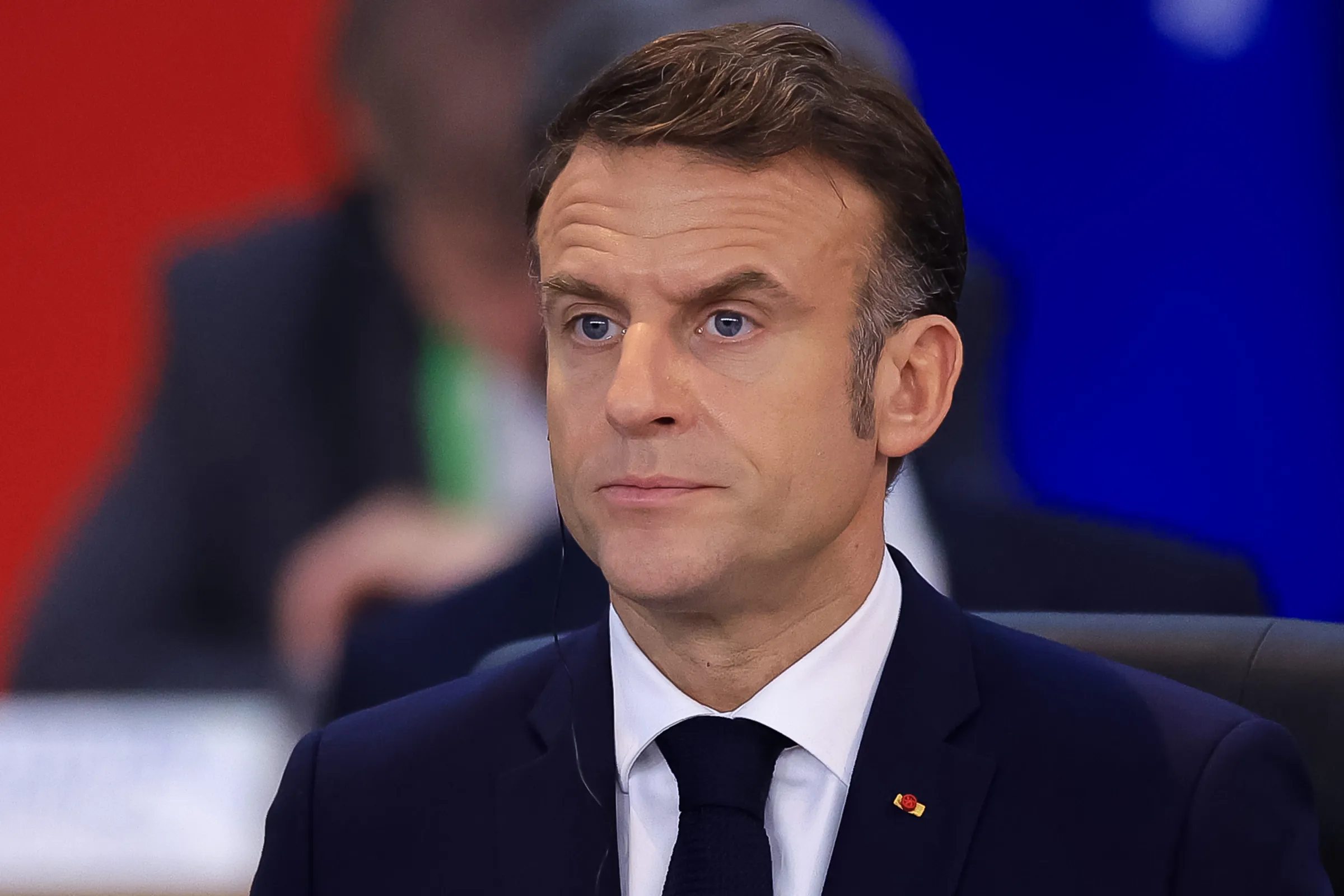Introduction
The French Government Collapse: What happens when a nation’s government collapses? It’s not just about political turmoil; it’s about the ripple effects on society, the economy, and everyday life. Recently, France has found itself at the center of global attention due to its government collapse. But what led to this situation, and what does it mean for the future of one of the world’s most influential countries? In this article, we’ll explore the causes, the aftermath, and the lessons we can all learn from this dramatic turn of events.
What Is a Government Collapse?

Let’s start with the basics. A government collapse occurs when the ruling body, whether elected or appointed, is unable to function effectively. This could be due to losing majority support in parliament, widespread public discontent, or other critical failures. Think of it as a house of cards—when one card falls, the entire structure is at risk.
Historical Context: France’s Political Landscape

To understand the collapse, we need to look at France’s complex political history. France has had multiple republics, monarchies, and even empires over the centuries. The Fifth Republic, established in 1958, aimed to provide stability through its unique blend of presidential and parliamentary systems. Yet, even this robust system has faced challenges, from contentious elections to fluctuating public trust in politicians.
Immediate Triggers of the Collapse

Every collapse has its tipping point. In France’s case, several factors converged to create a perfect storm:
- Parliamentary Deadlocks: Repeated failures to pass critical legislation created a gridlock.
- Leadership Crises: Public confidence in key leaders plummeted amid scandals and perceived incompetence.
- Economic Strain: Skyrocketing inflation and unemployment rates exacerbated the situation.
Economic Challenges and Their Role
France’s economy has been under strain for years. Rising debt levels, a stagnating GDP, and high unemployment rates have put immense pressure on the government. Picture an overloaded dam; the cracks were visible for years, but no one acted in time to prevent the inevitable breach.
Public Protests and Social Unrest
French citizens are known for their willingness to take to the streets. The government collapse was preceded by massive protests over issues ranging from pension reforms to climate inaction. These protests not only highlighted the disconnect between leaders and the public but also added fuel to an already blazing fire.
The Role of International Relations
France’s relationships with other nations have also played a part. Strains in the European Union, disputes over trade policies, and global economic pressures have created a challenging environment for governance. It’s like trying to steer a ship through a storm while its crew argues over the map.
Who’s Affected the Most?
When a government collapses, everyone feels the impact, but some groups are hit harder than others:
- Workers and Employees: Job security becomes a major concern as businesses hesitate to invest.
- Low-Income Families: Social benefits often take a hit during times of political instability.
- Students and Young Professionals: Education and job prospects are directly affected by economic uncertainty.
Lessons from History: Similar Collapses
France is not the first country to face such a crisis, and it won’t be the last. Other nations, such as Italy and Greece, have experienced government collapses in recent decades. Studying these examples provides valuable insights into what might come next and how France can avoid the same pitfalls.
Potential Solutions and Recovery Paths
So, how does a country bounce back from a government collapse? Here are some potential steps:
- Call for Fresh Elections: Allow the public to choose new leaders.
- Economic Reforms: Address key issues like unemployment and public debt.
- Rebuilding Public Trust: Transparency and accountability are crucial for regaining public confidence.
What’s Next for France?
The road ahead is uncertain, but it’s not without hope. France’s resilience lies in its people and institutions. By addressing root causes and making bold decisions, the nation can emerge stronger. However, this will require unity, compromise, and a clear vision for the future.
FAQs
1. What caused the French government collapse?
The collapse was triggered by a mix of political deadlock, economic challenges, and widespread public protests.
2. How does a government collapse affect the average citizen?
Citizens face economic uncertainty, reduced public services, and a lack of clear political direction.
3. Has France faced similar crises before?
Yes, France has a history of political upheavals, including changes in its governmental system multiple times.
4. Can France recover from this collapse?
Absolutely. With strategic reforms and public support, France can rebuild and move forward.
5. What role did international relations play in the collapse?
Strained relationships within the EU and global economic pressures contributed to the challenges faced by the French government.

